The Fiery Green Heart of New Mexico: A Chili Lover’s Guide to the Southwest
When it comes to green chili new mexico, you're not just tasting a pepper—you’re biting into the very soul of Southwestern cuisine. Whether smothering your burrito, simmering in a stew, or roasting on an open flame, New Mexico green chilies pack a punch that's equal parts flavor and fire. This isn't just food—it's culture, tradition, and identity wrapped in a thin, blistered skin.
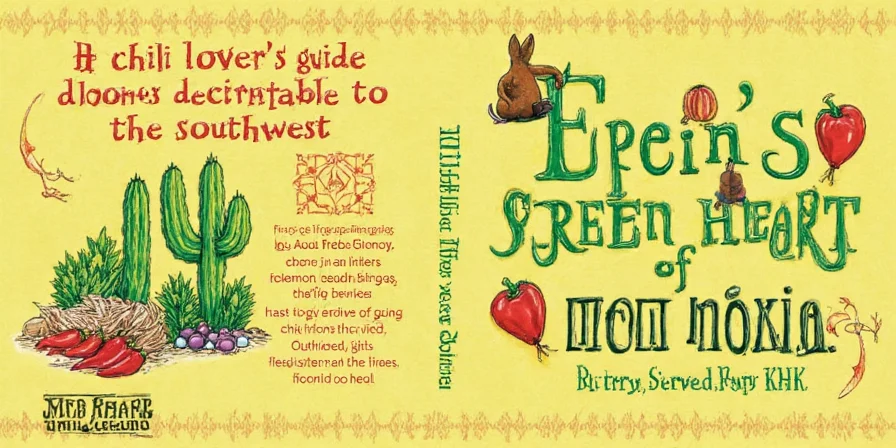
Table of Contents
- What Exactly Is Green Chili from New Mexico?
- A Pepper with Pride: The History Behind the Heat
- Flavor Profile: Mild, Hot, or Mind-Blowing?
- Growing Green Chilies in New Mexico’s Unique Climate
- Cooking with Green Chilies: Tips, Tricks, and Tasty Dishes
- Green vs. Red: When Is the Right Time to Eat Which?
- Where to Buy Authentic New Mexico Green Chilies
- Pepper Power: Health Benefits of Eating Green Chilies
- Fun Facts That’ll Make You the Star of Your Next BBQ
What Exactly Is Green Chili from New Mexico?
New Mexico green chili isn’t just any jalapeño or poblano masquerading under a regional name—it’s a carefully cultivated pepper bred for the high desert climate and cultural palate of the Land of Enchantment. Primarily referring to varieties like 'Hatch' or 'NMSU's Big Jim', these chilies are harvested unripe, giving them that crisp, grassy bite along with a vegetal aroma reminiscent of fresh herbs and roasted garlic.

A Pepper with Pride: The History Behind the Heat
Back in the early 1900s, Fabián García, a pioneering horticulturist at New Mexico State University, began developing standardized varieties of chile peppers—laying the foundation for today’s beloved Hatch chilies. His work helped transform local farming and gave birth to a spice legacy now protected by law. In fact, only chilies grown in the Mesilla Valley near Hatch can legally be labeled “Hatch,” making them the unofficial royalty of Southwestern peppers.
| Chili Type | Region of Origin | Heat Level (SHU) | Best Use |
|---|---|---|---|
| Hatch Green | New Mexico (Hatch Valley) | 2,500–8,000 | Stews, sauces, enchiladas |
| Poblano | Puebla, Mexico | 1,000–2,000 | Chiles rellenos, moles |
| Jalapeño | Veracruz, Mexico | 2,500–8,000 | Salsas, nachos, pickling |
| Anaheim | California/NM origin | 500–2,500 | Stuffed dishes, mild recipes |
Flavor Profile: Mild, Hot, or Mind-Blowing?
Let’s break it down:
- Mild Green Chilies: Think Anaheims or early-season Hatch peppers. Great for those who prefer their heat subtle and balanced.
- Medium Heat: Mid-season Hatch or Big Jims offer more zing but still let other flavors shine through.
- Spice Lovers Beware: Late-season Hatch green chilies can flirt with jalapeño-level heat while maintaining that unique earthy kick.

Growing Green Chilies in New Mexico’s Unique Climate
New Mexico’s arid air, high elevation, and wide temperature swings between day and night give these chilies their signature depth of flavor. Cool nights lock in sweetness while hot days boost capsaicin—the compound responsible for heat. The mineral-rich soil of the Rio Grande Valley adds another layer of terroir that makes these chilies truly one-of-a-kind.
- Altitude: 3,000–6,000 ft above sea level
- Rainfall: Less than 12 inches annually
- Soil pH: Slightly alkaline (7.2–7.8)
- Irrigation Source: Primarily Rio Grande River water
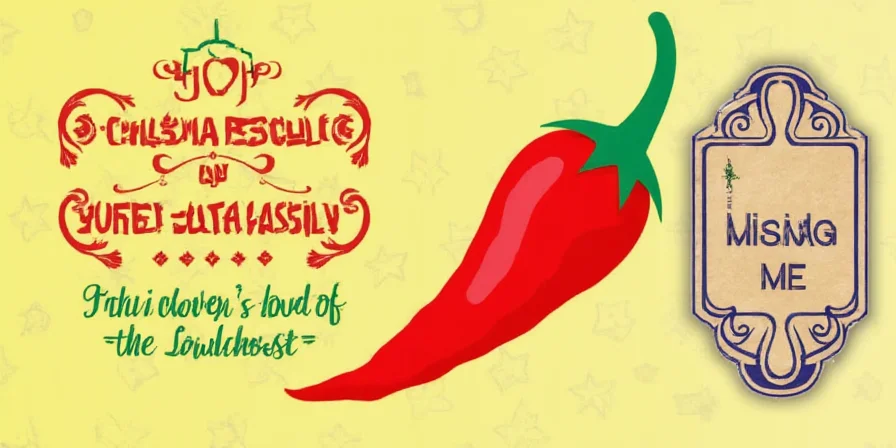
Cooking with Green Chilies: Tips, Tricks, and Tasty Dishes
Pro Tips for Handling Green Chilies Like a Local Chef
- Always roast before using: Enhances flavor, loosens skins, and brings out the smoky essence.
- Use gloves! Capsaicin doesn’t care if you think you’re immune.
- Freeze for later: Roast and freeze chilies whole—they keep well for up to a year.
- Braising tip: Add a handful of chopped green chili to tomato-based sauces for a flavor explosion.
- Pair wisely: Cheese, potatoes, pork, and eggs love green chilies—think Chile Relleno or a classic green chili cheeseburger.
Try This At Home: Green Chili Pork Stew (aka “Pork & Stew”): Brown pork shoulder, add onions, garlic, cumin, and a few roasted chilies blended with broth. Simmer low and slow until fall-apart tender. Serve with warm tortillas and extra green chili on top. Pure bliss.
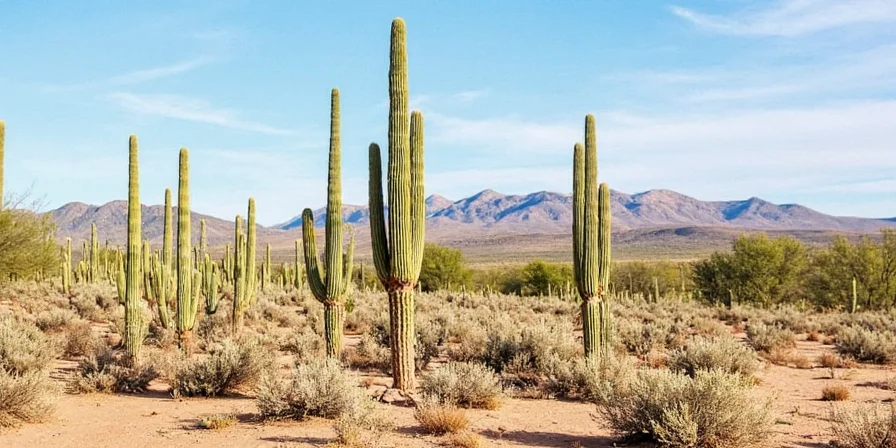
Green vs. Red: When Is the Right Time to Eat Which?
Simple answer: Green is summer, red is winter. Here’s why:
- Green Chilies: Harvested unripe, usually July through October. Bright, fresh, slightly bitter notes.
- Red Chilies: Fully matured, sun-dried, and aged. Deeper flavor, often spicier and sweeter. Used for red sauces and holiday stews.

Where to Buy Authentic New Mexico Green Chilies
You’ve got options:
- Local Farmers Markets in Santa Fe, Albuquerque, or Las Cruces during harvest season
- Online Retailers like Spicewalla, The Chile Shoppe, or even Amazon (but read reviews!)
- Frozen bags in supermarkets nationwide labeled “Product of New Mexico”
Pro Tip: Look for labels that specify the growing region and variety. If it just says “chili,” you might be getting a California-grown look-alike—not the same soulful experience!
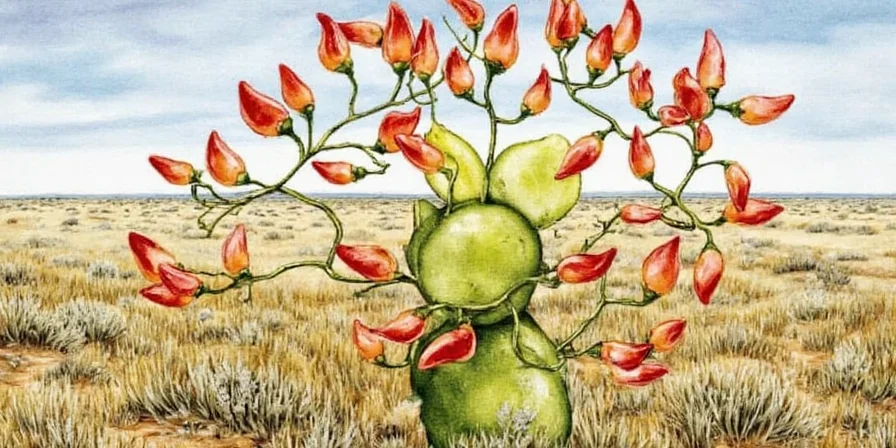
Pepper Power: Health Benefits of Eating Green Chilies
Chilies aren’t just delicious—they’re also loaded with nutrients:
- Vitamin C Boost: One green chili has more vitamin C than an orange.
- Metabolism Kickstart: Capsaicin may help increase metabolism temporarily.
- Pain Relief: Topical capsaicin creams are used to treat arthritis and nerve pain.
- Heart Health: Studies suggest regular chili consumption may lower blood pressure and improve cholesterol levels.
So yes, eating green chili isn’t just about adding heat to your plate—it’s about fueling your body the flavorful way.
Fun Facts That’ll Make You the Star of Your Next BBQ
- New Mexico declared the chili pepper as its state question: “Red or Green?” is the official state question.
- The phrase “Christmas” in New Mexico means ordering both red and green chili together.
- Hatch chilies have their own annual festival complete with live music, chili-eating contests, and chili-themed merch.
- Chilies grow better when they sway in the wind—so farmers sometimes tie ribbons to plants to simulate movement and boost growth!
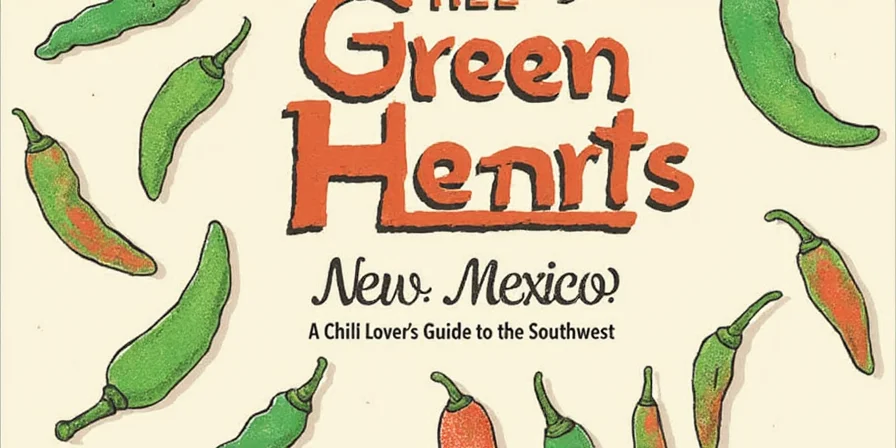
Conclusion: Embrace the Burn
From backyard grills to gourmet restaurants, the green chili new mexico experience is a journey through taste, time, and tradition. It’s a reminder that some of the most powerful flavors come from humble beginnings—and sometimes, all you need is one blistered pod to ignite a lifelong love affair with spice.
So next time you see those glossy green peppers stacked in bins or sizzling on a grill, remember: you’re holding a piece of history, science, and soul in your hand. And whether you’re dishing it over fries, blending it into soup, or simply breathing in the smoky aroma, you’re doing it right.


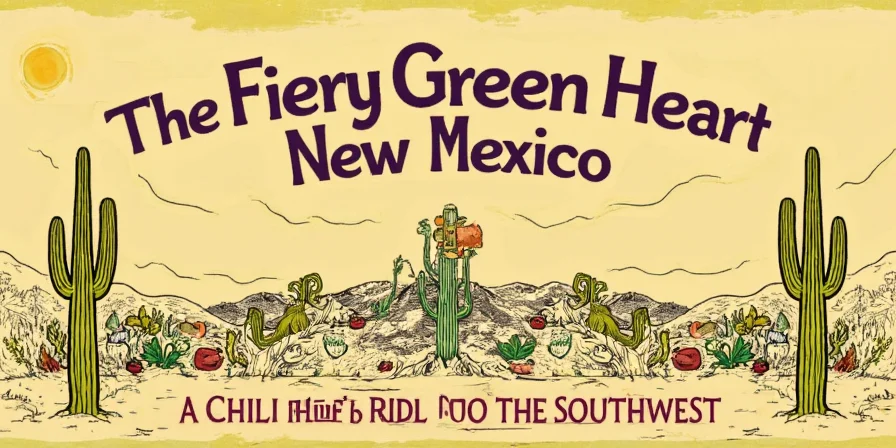









 浙公网安备
33010002000092号
浙公网安备
33010002000092号 浙B2-20120091-4
浙B2-20120091-4